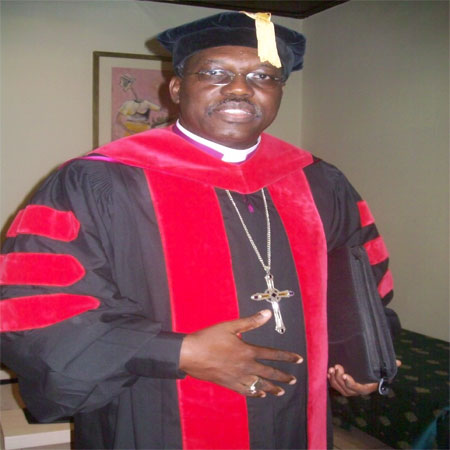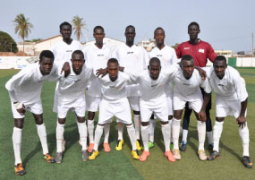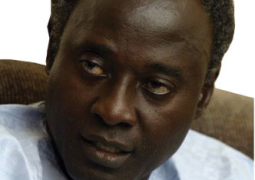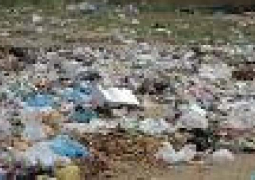
Dear Reader,
The Word of God is revealed to us by the prophets. According to the prophet Jeremiah,
“For surely I know the plans I have for you, says the Lord, plans for peace and not of suffering, to give you a future and a hope.”
(Jeremiah 29:11)
Is this not a wonderful vision for the future that our Lord God desires for us, where peace is the order of the day pain and suffering are no more. It is a picture of a loving God who wants the best for His people and for the created order of His world.
It is so easy to wonder whether such a vision can ever be attained. Maybe the fulfilment of the vision will not be seen on this side of eternity; but it is definitely possible to see signs and concrete evidence of the vision – in our day and age! However, if we want to see such a world, it cannot be as passive bystanders. We have to be active participants – working with God – to bring in God’s Kingdom, which will be a Kingdom of peace and justice.
Our world is one of great inequality – where the rich get richer and the poor get poorer. Despite decades of development aid and charities, poverty remain a scourge – in every country; some worse than others. The quiet violence of poverty results in the deaths of hundreds of thousands of people every year – particularly children. Whatever happens in the wealthier countries is bound to affect the poorer countries of our world. International economic and trade systems are invariably geared to favour the wealthier nations, with nominal concessions for poorer countries. Even our climate is affected by the actions of the industrialised countries. The ozone layer that is affected by the carbon emissions from one highly industrialised nation will affect the global climate. Desertification in one country is invariably not due to the actions of that country, but the actions of countries thousands of miles away. These climatic changes are now to such an extent that terms such as “climate justice” have evolved.
Our world has developed into a place where there is a constant danger that economy can have primacy over people. The state of our economies is seen as the main way of gauging the wellbeing of the nation. Invariably, the environment has suffered as a result of economic development. There is a growing awareness of the importance of respecting and conserving our environment. Tree planting projects have been on the agenda for a number of years now. We can find inspiration in people who dedicate their lives to protecting and conserving the environment. This includes reforestation projects, and the development of renewable energy sources, such as the sun and the wind.
As a people of God we are conscious that God has made us stewards of His creation. This was established from the earliest days of the creation of humankind – who are also made in the image and likeness of God. We are a part of God’s creation, not a separate entity that can operate independently regardless of what we may do to our environment.
We are all called by God to “tread gently” on this earth. We are called to consider how our actions will affect the earth – the created order; and how our actions will affect our neighbour. Our neighbour is the person next door; and our neighbour is also the other people who inhabit this earth. We know that God really desires what is best for us, as revealed by the prophecy of the prophet Jeremiah. However, we also have to play an active part in this. God has given us the gift of free will. We can choose how we use the gifts, talents and resources God has given us. What can you and I do?
To start with we can all (each one of us) reflect on how we relate to our neighbour. Can we improve relations with those around us? Can we come to appreciate and accept others around us, as they are? It is always possible to find something to appreciate in another person. After all, we are all made in the image of God – maybe we just need to remember this on a daily basis. If everyone attempted this, the world would be a better place. We can also reflect on how we use our natural resources. Do we replant trees that are cut down for firewood? Do we use the land to its best advantage? Are we wasteful with food? Obviously a number of us do not have sufficient, but are others wasteful? We must examine our own consciences. Members of wealthier nations also have a responsibility to examine how their countries use their resources, and relate to poorer countries through trade and development aid. It may seem a cliché, but we all really do live in a global village. The world is becoming ever smaller all the time.
As we look forward to a new year, let us again recall the prophecy of Jeremiah,
“For surely I know the plans I have for you, says the Lord,
plans for peace and not of suffering, to give you a future and a hope.”
(Jeremiah 29:11)
We can look forward in hope, as God wants us to. We can look forward in the hope of peace and not suffering. However, we no doubt also have responsibilities – to work for peace; to strive to eradicate poverty and injustice; to conserve and nurture our environment. We must never lose hope that there can be a better world.
This new year – 2011 – I offer you this message of hope, under God. May you know peace this year.
I wish you and yours a happy New Year.
Your friend and Bishop Tilewa




